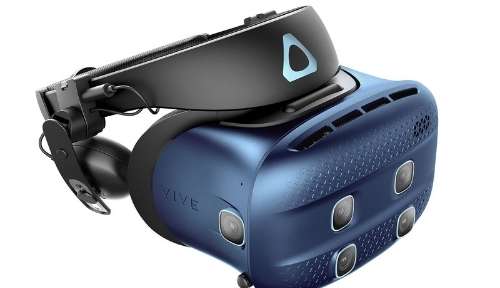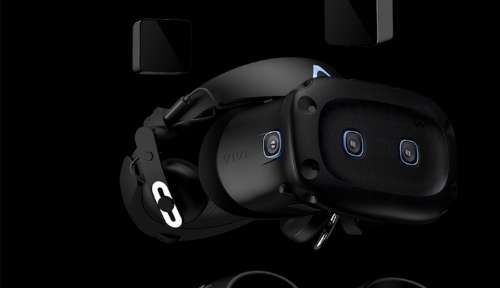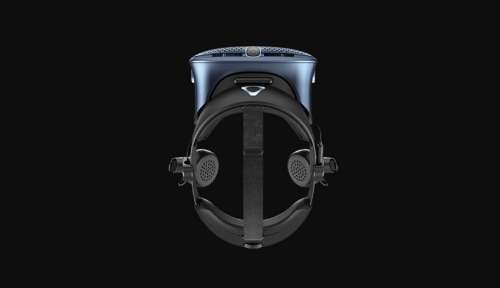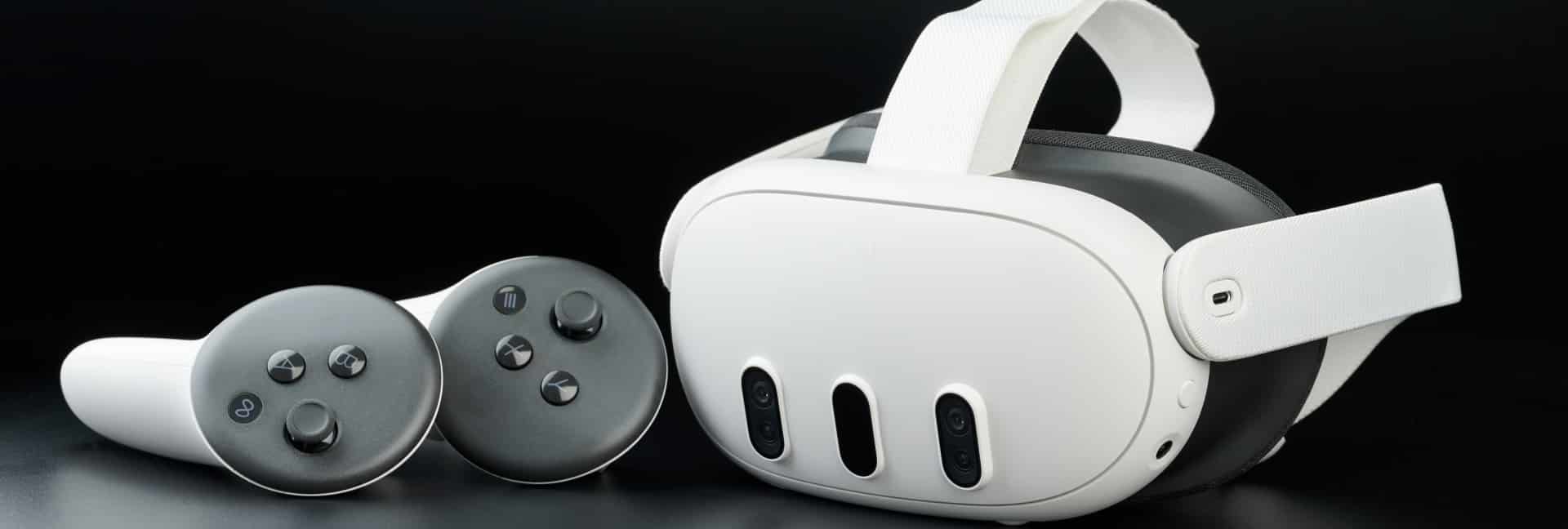Back at the Connect 2021 conference last October, Meta announced an exciting consumer AR product codenamed ‘Project Nazare’. These were touted as the company’s first pair of full augmented reality glasses.
At that stage, there were no prototypes to show off, and no actual footage of the product in action. Instead, the presentation used brief simulations to illustrate the product’s concept.
At the time, Meta CEO, Mark Zuckerberg talked about how there was still a way to go; however, he also said that the company was making good progress.
Now, just eight months later, reports in both The Verge and The Information indicate that Meta has decided to shelve their consumer AR glasses. So, what’s the reason for this change of mind? Is the project not going to plan? Or, is money too tight to mention at Meta?
What Would Project Navere Have Been?
As previously mentioned in a recent article, Project Nazare was set to be a game-changing flagship product. Planned for a 2024 launch, the glasses would weigh 100 grams, have four-hour battery life, and be powered by a wireless device that you can carry in your pocket.
The goal for the target field was set at 70 degrees; however, there has been some scepticism about whether this would be achievable.
The plan was to include onboard components such as microLED projectors, custom waveguides, and eye-tracking cameras. All of these would have rolled the retail price out of the reach of most consumers, making its appeal somewhat niche and geared more towards developers.
Reports emerged in May that the company’s CTO, Andrew Bosworth had told team members at the hardware division of Reality Labs, that the company wouldn’t be able to afford certain projects, and that some others would need to be postponed. Now, Nazare looks set to live on purely as a demonstration product.
Meta had already pencilled in the release of its second and third generations of AR glasses for 2026 and 2028 respectively. Now, it looks as though Artemis, the proposed second-generation device will become the first commercially available AR glasses from the company.
What Other Hardware Is Affected?
Although Meta has been throwing a lot of weight behind their metaverse intentions in recent times, they’ve also been working on several other projects, some of which have also been scrapped.
One product that Meta had high hopes for was its smartwatch. Set to compete with the Apple Watch, the device had apparently been in development for two years.
Other hardware that’s been affected by the funding cuts is Portal, the videoconferencing device that tracks movement. This has now dropped to limited production.
Which Planned Projects Remain On the Cards?
Hypernova, a cheaper smart glasses offering without AR capabilities looks set to go ahead as planned and may make an appearance as early as 2023. This device will link to your smartphone, giving you visual access to notifications and useful information.
What’s Caused the About-Turn?
Over the last few months, there has been lots of talk about Meta’s investments in metaverse technology. The company has thrown a lot of money into developing new devices and platforms in its bid to seize the market share of this new digital frontier.
But, is the company having cash-flow problems? Are they being cautious ahead of an impending recession? Or, is it merely the case that the technology isn’t currently where it needs to be to meet their aims at a consumer-friendly price point?
Indirectly responding to news about Meta abandoning the development of the devices, CTO, Andrew Bosworth took to Twitter and wrote:
“We’re going to ship wrist wearables and AR glasses that bring completely new tech—like EMG— to market. The path to groundbreaking products is not a straight line. As is common in our industry, we iterate on multiple prototypes in parallel & shift resources as we learn.”







